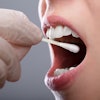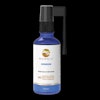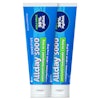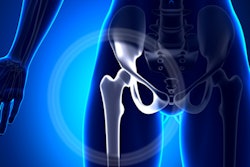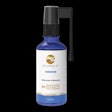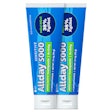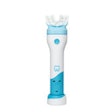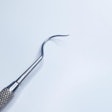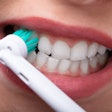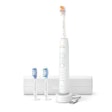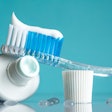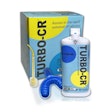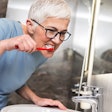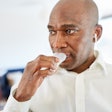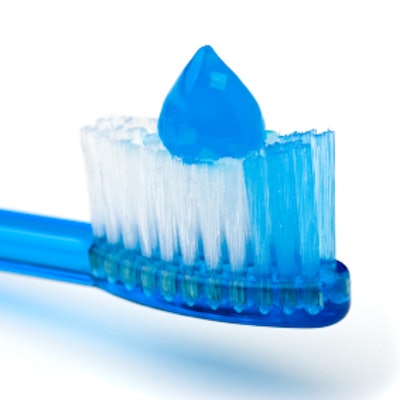
The effects of triclosan on human health should be urgently re-examined, according to the authors of a new preclinical study that found the chemical might increase the risk of colon cancer and other harmful consequences.
A low dose of triclosan exacerbated colitis-associated colon cancer and had other harmful effects in mice, according to researchers from the University of Massachusetts. They recommended that further research is needed to establish science-based policies for the regulation of this antimicrobial compound in consumer products. The study was published May 30 in Science Translational Medicine.
"These results, for the first time, suggest that triclosan could have adverse effects on gut health," senior author Guodong Zhang, PhD, said in a release from the University of Massachusetts, Amherst. Zhang is an assistant professor in the department of food science.
Antimicrobial additive
Triclosan is used as an antimicrobial additive in more than 2,000 consumer products, such as toothpastes, cosmetics, clothes, kitchenware, and toys. Some toothpastes contain 3,000 parts per million (ppm) of the chemical, according to the researchers.
“These results, for the first time, suggest that triclosan could have adverse effects on gut health.”
Because of its ubiquity, exposure to triclosan is practically unavoidable in the U.S., but little is known about how ingestion affects human health. The researchers wanted to examine the effects and mechanisms of triclosan on colonic inflammation and colitis-associated colon cancer by starting with an animal model.
Zhang and colleagues conducted a randomized trial of eight different study protocols involving brief, low-level exposures to triclosan via the animals' diet. In all eight protocols, even brief exposure to the chemical at relatively low doses caused low-grade colonic inflammation, increased colitis, and exacerbated colitis-associated colon cancer in the mice.
"Together, these results highlight the need to reassess the effects of [triclosan] on human health and potentially update policies regulating the use of this widely used antimicrobial," they concluded.
Microbiome effects
The researchers noted that mice in the study were exposed to triclosan via diet or drinking water, which is different from how people ingest the chemical.
DrBicuspid.com reached out to periodontist Alvin Danenberg, DDS, for his thoughts on the study. Dr. Danenberg has written extensively on his own site and for DrBicuspid.com about chemicals in toothpaste and the role of antimicrobials in the human body.
While he agreed that further research is needed, he expressed concern that continued ingestion of an antimicrobial may have harmful effects.
"It is also important to note that any continued use of an antimicrobial in the human body will be indiscriminate in its damaging effects on the entire microbiome," he said in an email.
